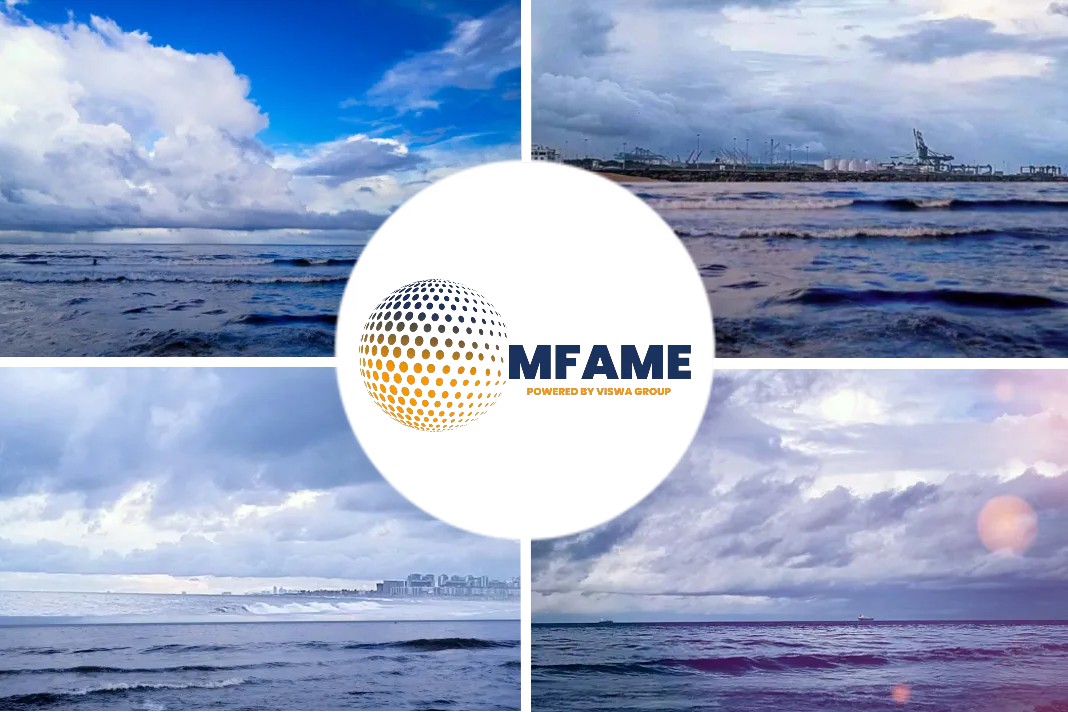In a major development, Exxon Mobil Corp. has announced that they have plans to sell low-sulfur shipping fuels at seven ports in Europe and Asia in the coming months, reports the Bloomberg Correspondent Bill Lehane.
What does this mean?
This makes it the biggest supplier so far to leap into the global market that is being transformed by rules to reduce pollution from merchant vessels.
For major refiners, ship fuel has long been a convenient disposal route for bottom-of-the-barrel residual oil products that have been unprofitable. Now, because of their global reach, big providers may poised to profit by making a cleaner version of the fuel.
Backdrop of this
Starting in January, the International Maritime Organization — part of the United Nations — will require ships to reduce their emissions of sulfur, a pollutant that’s been linked to environmental and health hazards. That’s created a massive shift in the refining and maritime industries, with oil companies scrambling to provide IMO-compliant fuel that has a sulfur content of 0.5% and shipowners concerned about fuel-compatibility issues.
Trying to be the supplier’s choice
“The majors are trying to operate a business model that’s akin to the airlines, where they say to the big shipping companies, ‘We’ll supply you everywhere; buy from us long term,”’ said Alan Gelder, London-based vice president of refining, chemicals and oil markets at Wood Mackenzie Ltd.
“They are trying to make sure they are the supplier of choice and capture market share and a better pricing premium. For individual refineries in individual locations, that’s something they just can’t offer,” he said.
Selling compliant fuel from 3rd Quarter
Irving, Texas-based Exxon Mobil plans to start selling IMO-compliant fuels based on residual oil as early as the end of the third quarter. The product will be available in northwest Europe at Rotterdam, Antwerp and Zeebrugge, Belgium; at Genoa and Marseilles in the Mediterranean; and in Singapore and Laem Chabang, Thailand. All of the supplies will be compatible with each other.
Other Companies’ Action Strategy
Other companies including Italy’s Saras SpA and Israel’s ORL Refineries Ltd. have recently sold their first IMO-compliant products. Royal Dutch Shell Plc has carried out trials of its fuel in multiple ports around the world. China Petrochemical Corp. plans to have the capacity to produce 10 million tons of low-sulfur bunker fuel by 2020.
Compatibility Issues
Compatibility is a key consideration for the use of low-sulfur bunker fuel oil due to the variety of IMO-compliant marine fuels. Different products raise the risk of incompatibility, especially in the first couple of years before shippers have tried out the various fuels on offer and uncertainties ease, according to Wood Mackenzie.
“At some point it will become clear which fuel is compatible with which and there will be a clear market segregation,” Gelder said. “Until that point, we think there’s value in the supply of high quality compatible fuels on a global basis.”
Did you subscribe to our daily newsletter?
It’s Free! Click here to Subscribe!
Source: Bloomberg
























